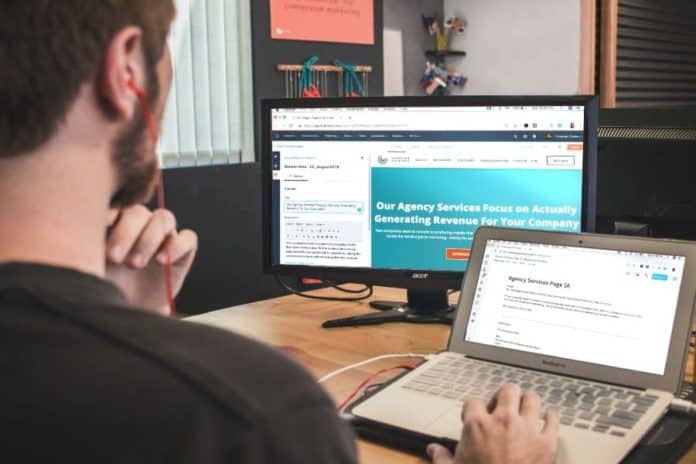Nowadays, it has become necessary for organizations to appoint a CISO (Chief Information Security Officer) responsible for their cybersecurity. CISOs implement security measures that comply with compliance requirements and industry standards set by regulatory bodies such as the GDPR (General Data Protection Regulation) and PCI-DSS (Payment Card Industry Data Security Standard).
CISOs use a CSPM (Cloud Security Posture Management) tool to monitor and assess the risk level in their network. They can then enforce policy-based controls that match these compliance requirements. For instance, if a CISO needs to comply with PCI-DSS, they must ensure that all data marked as ‘sensitive’ is encrypted and tokenized.
Why Do You Need Compliance Enforcement?
Compliance enforcement is necessary to ensure that your company’s data is protected from unauthorized access and theft. Furthermore, it helps protect your customers’ data by adhering to regulations such as GDPR.
One of the challenges of complying with GDPR is that you must implement security measures that protect the sensitive personal data of all EU citizens, even if you do not have a business operation in the EU. If your company stores, processes, or transmits personal data belonging to an EU citizen, GDPR applies to you.
The challenge is that many companies don’t know which type of data they handle and where it is stored on cloud servers. Cloud solutions can help you track down all the personal data stored on your cloud servers.
What Is Cloud Security Posture Management?
Cloud Security Posture Management(CSPM) tools monitor and assess the risk level of every user account in every cloud service. Such tools can automatically classify all permissions associated with an account as either ‘safe’ or ‘risky.’
Risky permissions can include the ability to read, write, or delete files, as well as the ability to access sensitive data. If a user account has any risky permissions, the cloud solutions tool can automatically revoke them.
This helps protect your company from a data breach, as well as any associated fines and penalties. Cloud solution tools also help you enforce security policies that match your compliance requirements. For example, if you need to comply with PCI-DSS, cloud solution tools can automatically identify all of the compliance violations for you.
CISOs will be able to use your company’s entire history of cloud security events to help make informed decisions about how these companies should manage risk, cut costs, and improve security.
How To Use Compliance Enforcement To Improve Your Cybersecurity Posture?
Compliance enforcement is best applied to already-existing security processes, such as risk and vulnerability assessments. For instance, CISOs can use compliance enforcement to help them prioritize which vulnerabilities should be patched first.
They can also use compliance enforcement to ensure that only the most critical data is stored in the cloud and encrypted with the most robust algorithm.
Another benefit of using compliance enforcement is that it will help CISOs to comply with regulatory requirements and maintain a secure cyber environment for their organization.
How Does CSPM Help Comply With GDPR?
Cloud solutions can help you comply with GDPR by identifying all the personal data stored on your cloud servers. It can then help you protect that data by enforcing security policies that match your compliance requirements.
For example, suppose you need to comply with PCI-DSS. In that case, cloud solutions tools can automatically identify all of the sensitive data stored on your network servers and take action against any compliance violations.
Scan for Vulnerabilities
CSPM tools can also scan for security vulnerabilities, rate their severity, and provide CISOs with patch reports so that they can prioritize which vulnerabilities to address first.
The tools can identify all cloud services running on your network and create a list of permissions associated with each account. This will help you match up accounts with users with risky permissions and send them an alert for follow-up action.
This is necessary because most cyberattacks that have occurred in the last few years have been a direct result of weak or unsafe access controls.
The Future Of Compliance Enforcement For Cloud Solutions
As more companies adopt cybersecurity, we can expect to see a proliferation in several security tools designed to help CISOs automate their compliance processes.
One such tool is Cloud Security Posture Management. This tool helps CISOs identify and manage the risk of data stored in the cloud. It monitors user activity and automatically enforces security policies that match your compliance requirements.
CISOs can use cloud security solutions to streamline their compliance efforts and improve their cybersecurity posture.
Cloud security tools work by scanning the environment for cloud resources and extracting configuration data. This data is then analyzed against security best practices and compliance requirements to generate risk scores. The higher the cloud security risk score, the more likely the resource does not comply with security standards.












